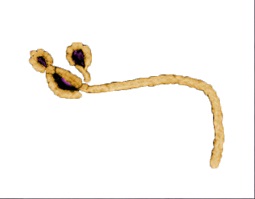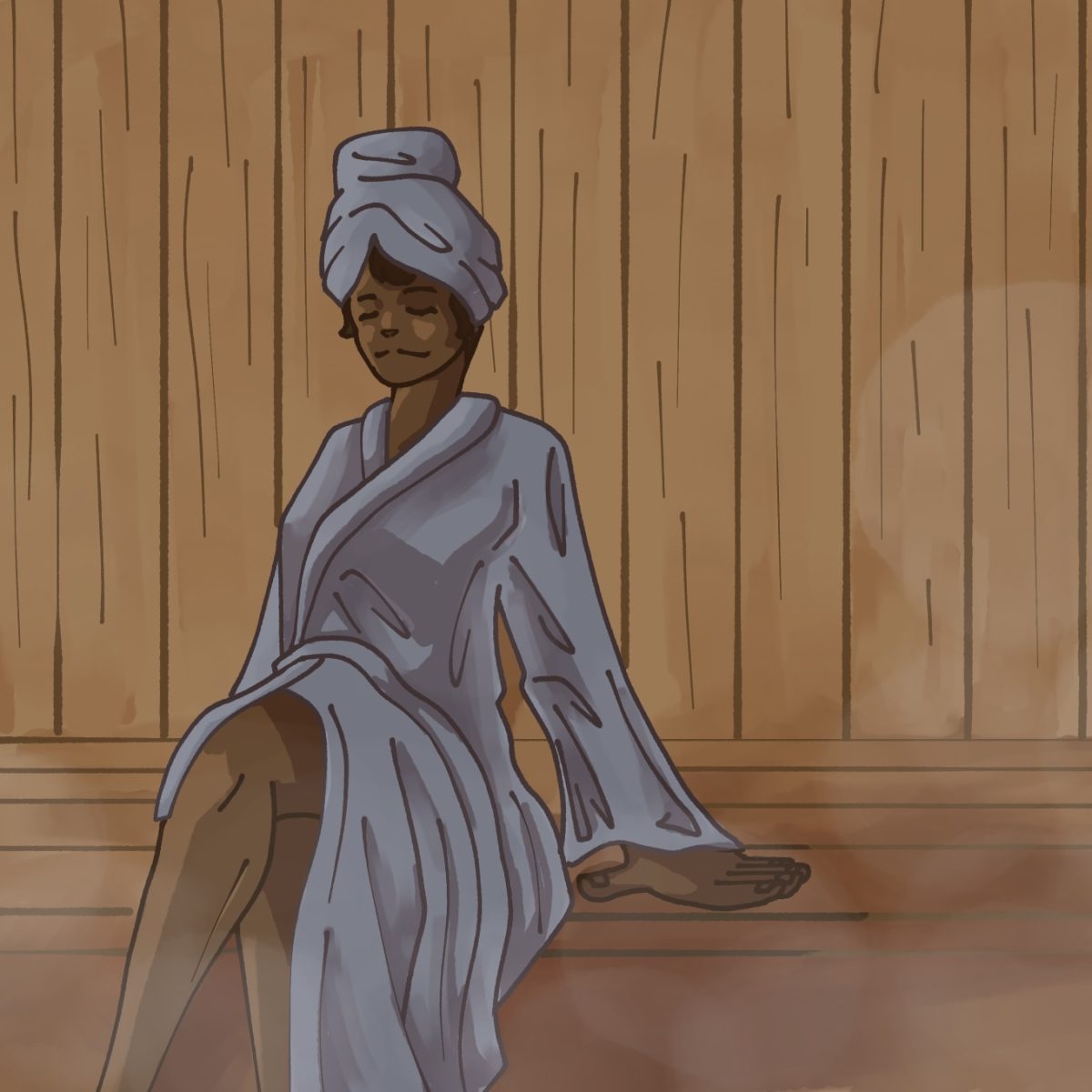Ebola Fears and Such
Since its appearance last winter in Guinea the Ebola virus has gained international media attention. Though the virus continues to spread rapidly throughout West Africa, the question of most citizens here in the U.S. is: are we at risk? Recent polls in October found that more than half of American adults fear a large Ebola outbreak in the U.S.; 38% fear that they or someone in their family may be infected within the upcoming year. How realistic are these fears?
Myth: Ebola is rapidly spreading in the United States.

Reality:
- Ebola is relatively difficult to contract. 85% of Americans believe that Ebola can be transmitted through coughing or sneezing despite the fact that there has never been a case contracted by either. Ebola can only be contracted by ingestion of the bodily fluids of a carrier. Given its mode of transmission, Ebola’s rapid spread seems unlikely. It is important to acknowledge that epidemic in Africa is not the result of a particularly tenacious disease, but a woefully inadequate health-care infrastructure.
- Transporting patients to the U.S. for treatment does not increase the risk of an outbreak in the U.S. Ebola can be contained with basic sanitation and isolation, which can be provided in abundance on American soil. Patients pose virtually no risk to the American populace when provided the disposal of the U.S. health-care arsenal. Furthermore, treatment on U.S. soil is gives carriers the best chance of survival. An opportunity that ought to be extended to infected citizens.
- Finally, carriers are only contagious while exhibiting symptoms. Thus, both before becoming symptomatic and after defeating Ebola a carrier does not risk spreading the virus.
These facts could have a dramatic effect on the economic and political impact of Ebola as well as the spread of the disease itself. Fueled by the upcoming elections on November 4, politicians from both sides of the aisle in congress have advocated for a travel ban on the three West African nations hardest hit by Ebola. This ban is an effort to curry favor with frightened voters but its consequences may extend beyond the elections by isolating infected communities from aid and further taxing ailing West African economies. In addition, fears of a U.S. outbreak have forced health care institutes across the nation to divert attention and funds from many more legitimate issues to pacify public scrutiny. Perhaps most importantly, an understanding of the transmission of Ebola can reduce the spread of Ebola itself by encouraging effective practices of deterrence.





























